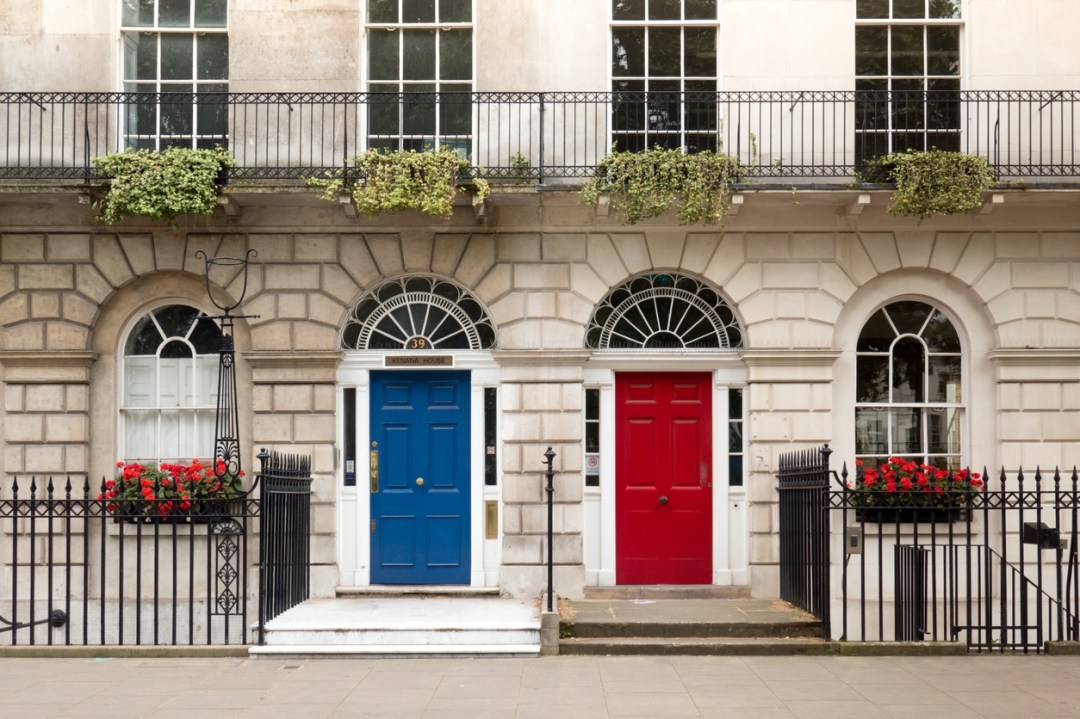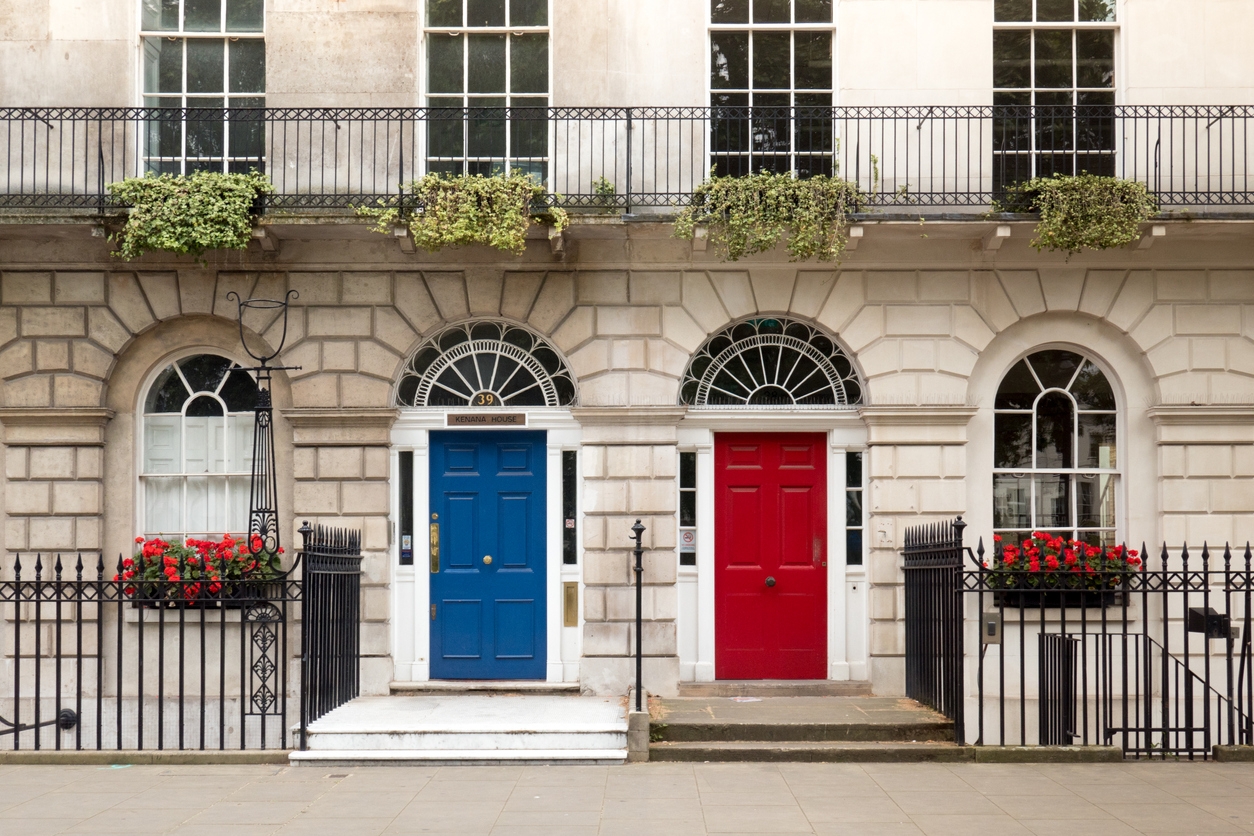A pattern seems to have emerged in the latter stages of the Covid crisis: Keir Starmer gets wind of discussions within government of possible new lockdown restrictions and calls for them to be implemented immediately – just to make it look as if he is ahead of the curve and the government behind it. We should take seriously, then, Sir Keir’s call for the housing market to be closed down for the duration of the lockdown. At present, in contrast to the first lockdown, it is still permissible for property viewings to take place, and thus for homes to be bought and sold.
Yet as increasing numbers of buyers are already finding, for them the housing market has already closed down. According to Rightmove, 28 per cent of sales collapsed in December, compared with just 17 per cent in July. One of the big sticking points, it seems, is the mortgage market. Buyers assume that they can afford a property, perhaps based on discussions they had with a mortgage-lender months ago, but when it comes to trying to complete a purchase they find that the lender has changed its mind: they are now less optimistic about buyers’ ability to maintain their income.
The experience of 1988 is not promising. The housing market peaked in a great flurry of activity, before the market slumped into a three year decline.
The apparent robust health of the property market has been one of the enduring mysteries of the Covid crisis. When the property market was suspended last March many assumed that when it re-opened it would be with prices 10 to 20 per cent below where they had stood in March. Instead, the market reopened as if nothing had happened, and the year ended with prices up seven per cent on where they had been last January.
Of course, plenty had happened in the interim. Some of it – like the small matter of the economy shrinking by nearly 20 per cent in the second quarter and nine million employees being placed on furlough – were negative for the housing market. Yet at the same time the Chancellor, Rishi Sunak, had introduced a stamp duty holiday for homes below £500,000. There is nothing which seems to motivate homebuyers more than an incentive with a time limit – just as in 1988 when Nigel Lawson’s reforms of mortgage interest tax relief sparked an unsustainable boom, home buyers were motivated to try to complete and move by 31 March.
To their immense frustration, many now look like failing to meet that deadline. Not only are sales falling through, but the conveyancing process is so jammed up with transactions that it is slowing down sales. Start house-hunting now and you will almost certainly be too late, whether or not Keir Starmer gets his way.
Unsurprisingly, there have been calls from the property industry for the stamp duty holiday to be extended. But to create another deadline, a little further into the future would just put off the problem until another day. A better approach would be for the Chancellor to announce that the holiday will end, as planned on 31 March, but that stamp duty will be lowered permanently to a level, perhaps around 1 per cent, at which it doesn’t discourage people from moving. He can surely see, from the explosion in people suddenly wanting to move home, just what a depressing influence stamp duty is on the property market.
Stamp duty shows the Laffer curve in action. In spite of huge hikes in stamp duty rates in recent years, stamp duty receipts have risen very modestly from £9 billion in 2007/08 to £10.8 billion in 2018/19. The reason is that property transactions have slumped from around 150,000 a month in Gordon Brown’s day to 100,000 a month now. Small wonder, when buying a £500,000 house can cost you in tax what many people earn in a year. Lower stamp duty permanently and Sunak might well find his revenue actually increases. Moreover, it would create a more mobile workforce of great benefit to the economy as a whole.
In the meantime, what can we expect if he takes no action and lets the housing market plunge off the cliff edge towards which it is heading on 31 March? The experience of 1988 is not promising. The housing market peaked in a great flurry of activity, before the market slumped into a three year decline.







Comments